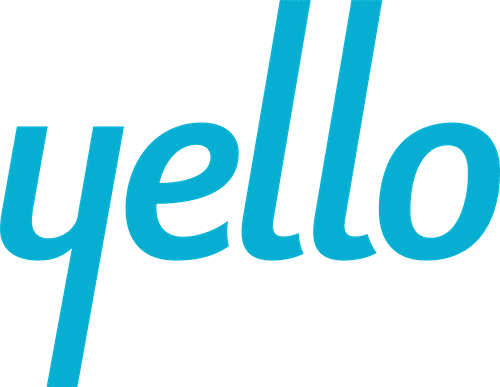It’s a rule every job seeker learns searching for their first job: follow up after the interview and thank every interview team member. As a recruiter, do you follow this same rule? Timely communication is essential to a positive candidate experience that differentiates your company from the competition. But after meeting hundreds of prospects at a career fair, following up with every candidate can seem overwhelming. Angie Verros, founder of Vaia Talent and former talent acquisition leader at high-growth organizations, suggests using five important follow-up tactics after career fairs, to keep candidates informed, engaged and excited about potential opportunities with your company.
Acknowledge Every Candidate
If a candidate took the time to meet you at the career fair, thank them for visiting even if they may not be the right fit for currently open roles. “Continue the communication, whether you plan to move forward with the candidate or not. Candidates who aren’t qualified now could be qualified for future roles, or could potentially refer candidates,” says Verros.
Thank every candidate for their time, provide unique information about your company and encourage them to join your talent community. Their experience could determine whether they consider your organization when the right position opens, or share a positive review of your company with friends and colleagues.
Segment Candidates
Amid the whirlwind of the career fair, even the best attempts to organize paper resumes and prepare for post-event outreach can be unsuccessful. “At the end of the day, you met so many people, you don’t know who to follow up with,” says Verros.
Implement mobile recruiting apps to collect candidate resumes and contact information digitally at first point-of-contact. After the event, open the app to view candidate information and determine who should be nurtured in a passive candidate pipeline and who is a strong fit for an immediate open position. Reach out to active candidates and add passive candidates to your pipeline to keep them warm for future openings.
Let Down Candidates Professionally
After visiting your career fair booth, meeting recruiters and interviewing with the hiring manager, a lack of follow-up will leave candidates wondering if they got the job. Don’t stop communicating with candidates who aren’t the right fit—tell them. “They invested time and you owe them an explanation,” says Verros.
Call or email prospects to inform them you selected another candidate or filled the position internally and without being negative, give a reason they won’t advance. “Don’t provide negative feedback. Offer tips for future opportunities,” says Verros.
Communicate Following Offer Acceptance
After communicating with the candidate at the career fair, throughout the interview process and negotiating an offer, don’t assume the need for communication ends. While a filled requisition is a recruiter’s goal, outreach should continue past this point. “The candidate is not officially your employee until they’re in the office on day one, so constant communication with them is very important,” says Verros.
Continue to engage new employees in the weeks between offer signature and first day. Ask if they have any questions and respond quickly. Provide first-day logistics, including office location and transit information. Share what to wear, what to bring and if possible, provide new employees their first-week schedule.
Maintain Relationships
What is the most important aspect of post-career fair communication? Verros suggests its maintaining relationships. “I’ve maintained relationships with a lot of the candidates I’ve met throughout my career. You never know where those relationships will take you.”
Consider meeting with candidates in-person quarterly to discuss career aspirations. When a candidate in your LinkedIn network starts a new position, reach out to congratulate them and ask about the role. If a candidate reaches out after a job loss, connect them with industry peers or refer them to networking organizations. “We’re in the business of people. At the very least, let’s help these people,” says Verros.



